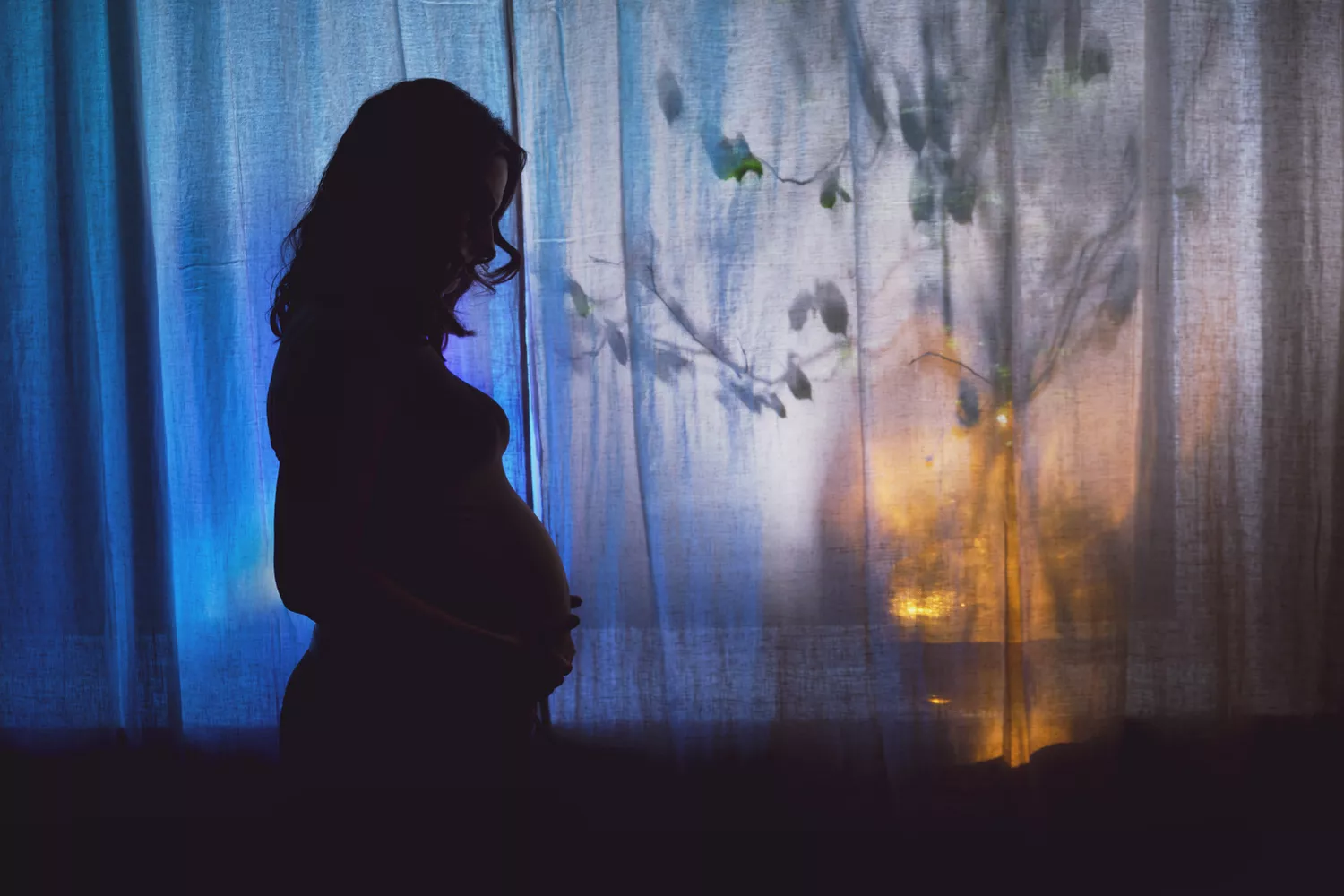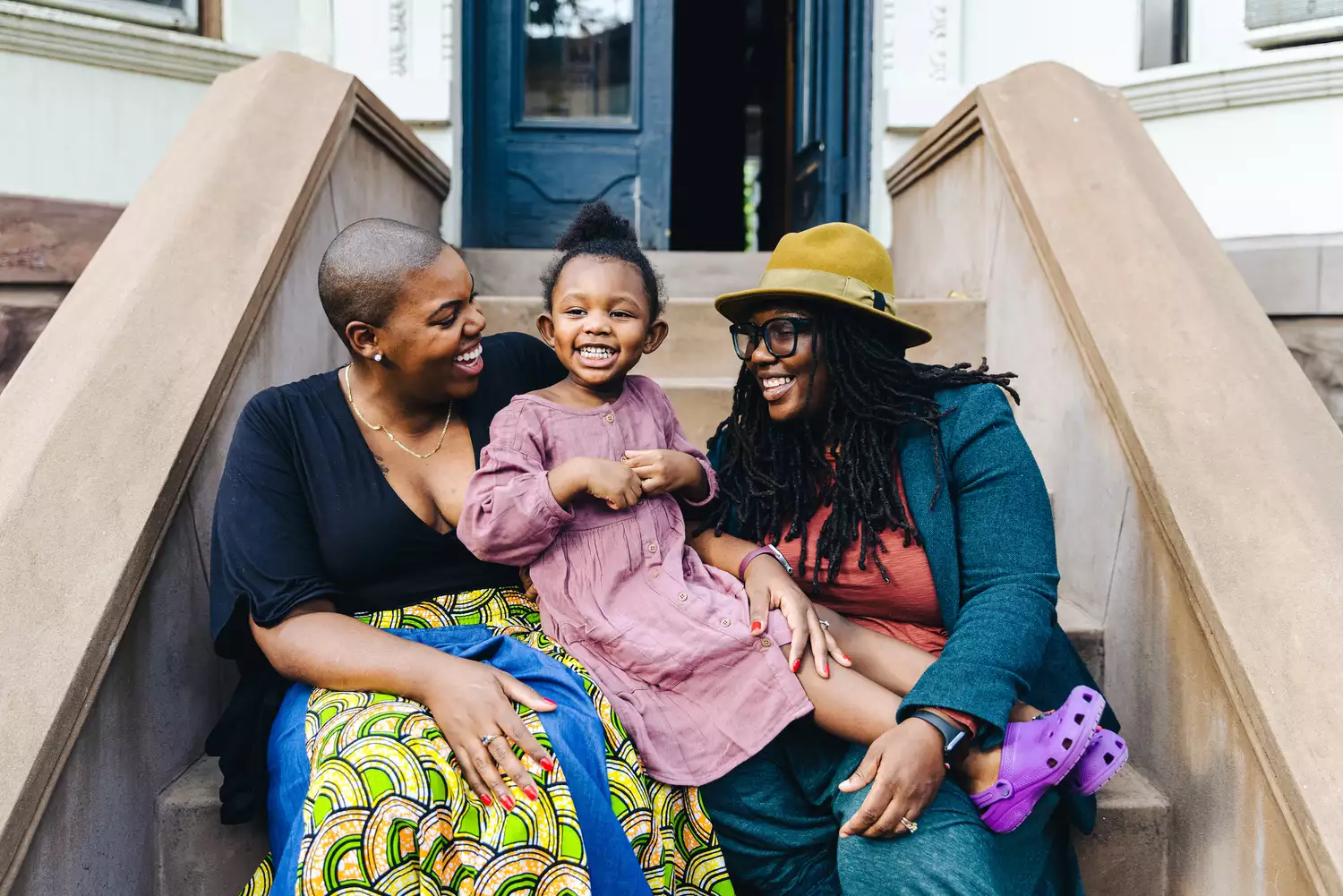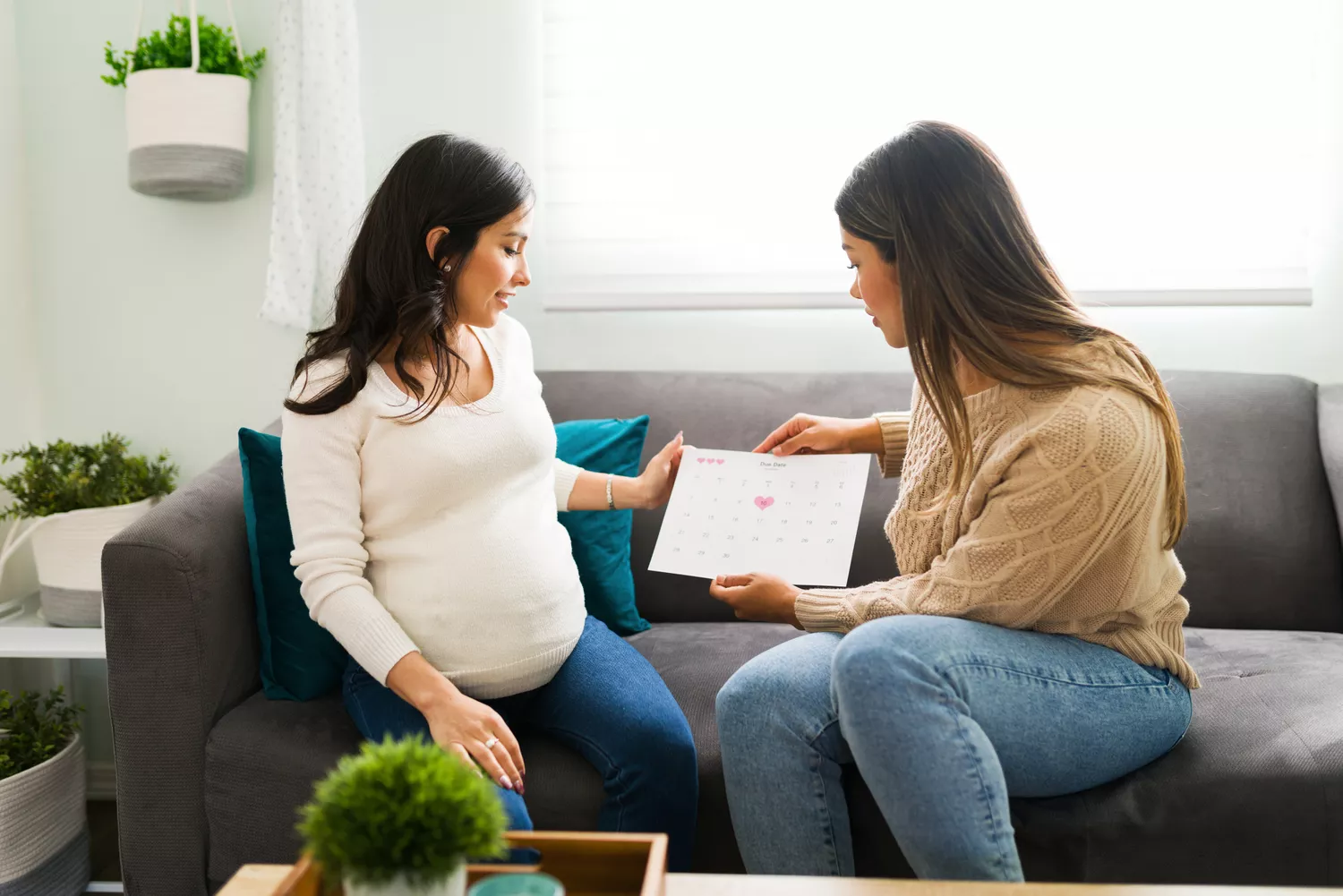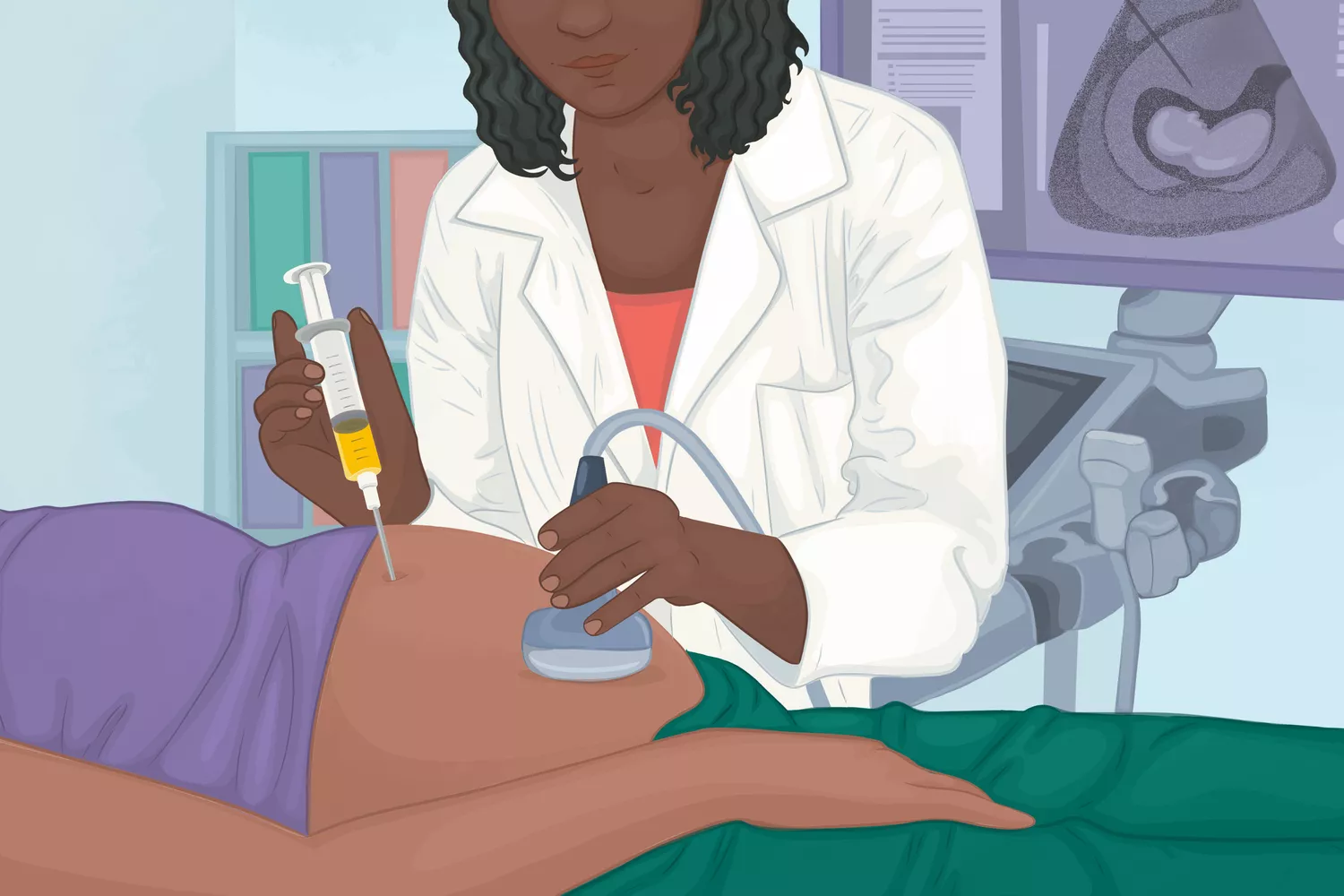How to deal with insomnia during pregnancy


The early days of pregnancy are characterized by a variety of symptoms, including nausea, breast tenderness and fatigue, as well as a rollercoaster ride of emotions. Some women experience insomnia as a result of these changes. Insomnia is a common sleep disorder that causes difficulty falling asleep, remaining asleep or getting a good night’s rest. 1
You’re not alone if you find yourself tossing and turning or staring up at the ceiling. After all, you are growing a tiny person! In the meantime, let’s take a closer at why insomnia occurs in early pregnancy. We will also discuss how to deal with your new lack sleep.
Pregnancy Hormones Cheat Sheet
What causes insomnia during pregnancy?
The main cause of pregnancy insomnia, particularly during the first trimester is a hormonal flux.
The sudden surge of hormones like a data-component=”link” data-ordinal=”2″ data source=”inlineLink” and hCG can have their own side effects, which is why you feel so off during those first weeks of pregnancy. The sudden surge of hormones like human chorionic gonadotropin (hCG) and progesterone can bring their fair share of side effects, which explains why you’re feeling so off during those first weeks of pregnancy–ultimately leading to a poor night’s sleep.
2 While progesterone may make you sleepy, it can also disrupt your sleep at night. This is according to Brandon Peters M.D. a board certified Sleep Physician at Virginia Mason Medical Center, and author of How To Sleep Through Insomnia.
He adds that “increased urinary frequencies, back pains, breast tenderness and increased appetite may all contribute to trouble sleeping in the first trimester.”
Mitchell points out that, contrary to the name, Morning Sickness, a common early pregnancy sign, can occur at any time of day. This can cause sleep disturbances. Any discomfort that you experience during pregnancy could lead to poor sleep. When you are not feeling well it can impact your sleep, says Mitchell.
When does pregnancy insomnia start?
You might be asking yourself, “Is sleeplessness a sign that I’m pregnant?” It’s not true, but pregnancy insomnia can begin as early as your first few weeks, due to the symptoms you have developed.
Dr. Peters says that insomnia often occurs during the first trimester but usually improves in the second trimester. Every pregnancy is unique, and therefore, sleep problems will vary.
Mitchell explains that “every trimester presents its own challenges due to the changes in the body.”
She says that restless legs syndrome and lower back pain are common complaints she hears in the second and third trimesters. Other common complaints include heartburn, discomfort when sleeping with a growing stomach, or severe pelvic pain, known as SPD (symphysis-pubis dysfunction).
When do pregnancy symptoms begin?
Can Pregnancy Insomnia Hurt My Baby?
Sleep deprivation during pregnancy may be associated with longer or more painful labor, higher C-section rates, and a data-component=”link” data-ordinal=”1″ data source=”inlineLink” Sleep deprivation during pregnancy may lead to longer or more painful labour, higher C-section rate, and premature labor.
SDB can increase the risk of developing a data-component=”link” data-ordinal=”1″ data source=”inlineLink”>gestational diabetes/a>, high blood pressure, a href=”https://www.parents.com/pregnancy/complications/gestational-diabetes/pregnancy/a>, and preeclampsia. SDB is associated with an increased risk of gestational diabetic, hypertension , and preeclampsia.
You should contact your OB/GYN to discuss any of the symptoms you are experiencing.
Remedies for Insomnia During Pregnancy
There are many ways to deal with insomnia during pregnancy. It all depends on the cause.
Simple lifestyle changes
Mitchell says that while pregnancy symptoms are often the cause, many insomnia cases can be caused by everyday habits. One of the most common problems? Scrolling on your smartphone close to bedtime.
She explains that “blue light exposure from your phone could easily suppress your melatonin, and also increase cortisol which is already slightly elevated during pregnancy.” It’s crucial to turn off screens 90 minutes to 2 hours before going to bed.
She emphasizes the importance of going back to sleep when you are tired, which she calls your natural sleeping window. She says that if we stay up beyond our natural sleep window we experience a rush of adrenaline.
You’re more likely get a good night’s rest if you go to bed in your “sweet spot,” which is the time when you are naturally tired.
Reduce the amount of water you drink before going to bed if frequent urine causes your problems at night. Mitchell suggests drinking smaller amounts of water in the evening rather than a large quantity.
Maintain healthy sleep hygiene
Mitchell says that the best way to combat insomnia during pregnancy is to keep a routine which promotes good sleep.
She says that many parents don’t follow their own bedtime ritual. It’s important to take time to relax. Anything from breathing exercises to apps that help you decompress can be helpful. She recommends doing some light stretches and yoga in all three trimesters. “You’re pulled in so many directions as you make space for the baby.” So, getting some good stretching can be helpful.
Even if you feel a bit sick, 30 minutes of exercise can help your hormones to stay consistent and lead to a more restful night’s sleep.
It’s also important to discuss any vitamin deficiencies with your doctor. Mitchell says that because hormones change so much during pregnancy, it’s possible to be deficient in iron or magnesium. Your doctor may prescribe a sleep aid or supplement to help you get back on track.
5 Simple Pregnancy Exercises for Every Trimester
Try Cognitive Behavioral Therapy
Dr. Peters suggests cognitive behavioral therapy (CBTI) for insomnia if natural remedies don’t work.
He explains that the program is six weeks long and teaches how to normalize your sleep. “It strengthens the sleep drive and stabilizes the circadian rhythm, as well as reducing anxiety which can disrupt sleep. 6 This is helpful for pregnant women and those who suffer from insomnia.”
A board-certified sleep doctor can help you determine if CBTI is the right solution for your sleep problems. Dr. Peters says that CBTI can be a good option to improve your sleep without any side effects.
Bottom Line
Try not to worry about insomnia, as it can be part of pregnancy. It’s important to discuss any concerns with your OB-GYN, especially if your symptoms are severe or if your concern is about the impact of your insomnia on you or your baby.










